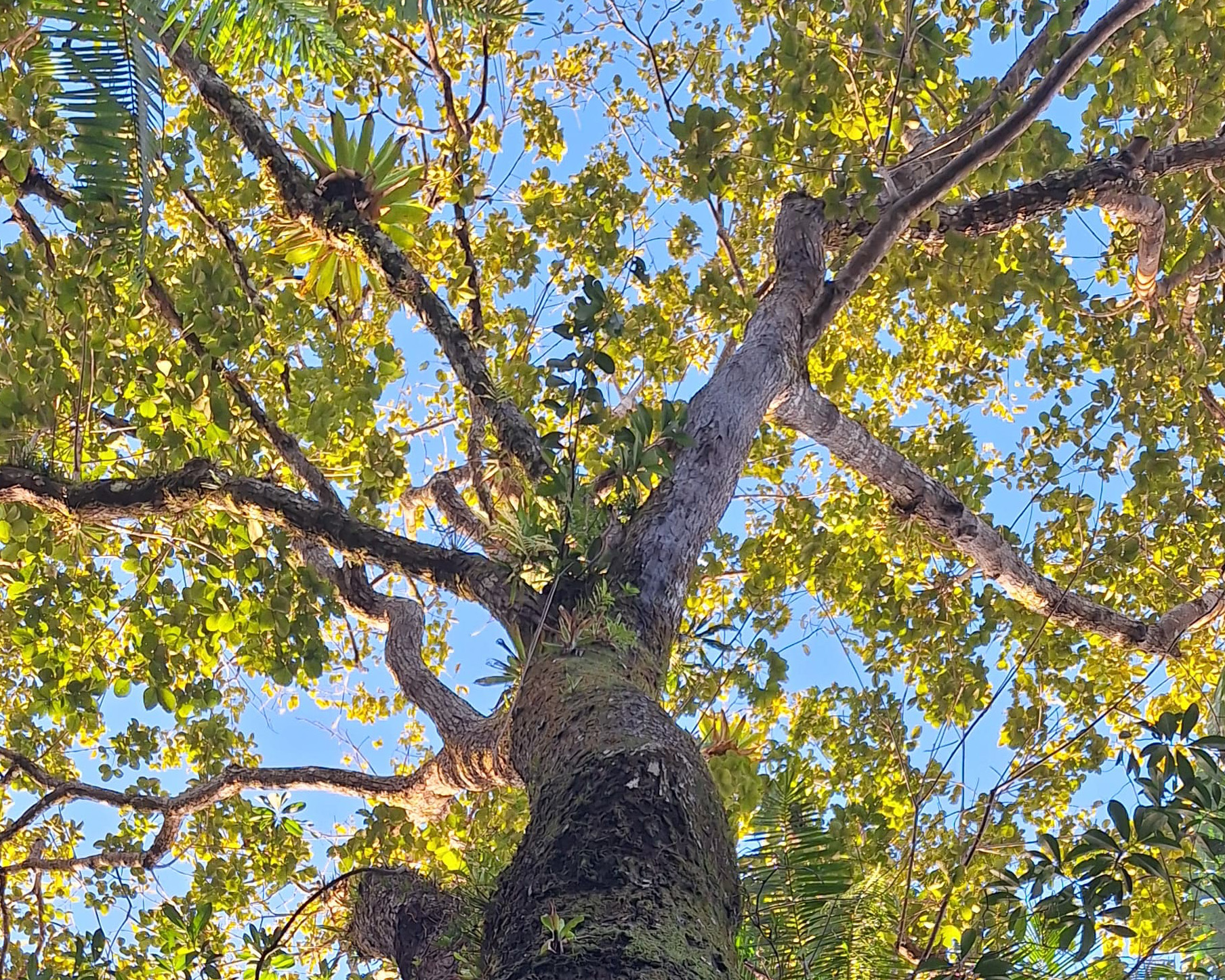Smallholder farmers and their agroecosystems in active volcanic landscapes need to deal with and recover from eruptions. Resilience to extreme shocks may increase with system diversity, enhancing food and income security and ecosystem services provision; however, the longer term effects of volcanic ash are rarely assessed. To test the hypothesis that tree diversity contributes to the social–ecological resilience of coffee-based agroforestry, we quantified (1) the immediate effects of deposition of a 15-cm ash layer on tree survival, (2) the effect of volcanic ash on aboveground C stocks, tree diversity and wood density frequencies, (3) litter layer dynamics, and (4) farming system and income recovery 3 years after. Observations in four land-use systems before and after ash deposition (remnant forest, coffee-based complex and simple agroforestry, annual crops) were complemented by 46 farmer interviews on tree species’ survival, system, and financial recovery. Based on farmer interviews, low-wood-density trees were most affected by volcanic ash deposition. Ash deposition did not, after 3 years and across land-use systems, significantly change tree density, basal area, or C stocks. In contrast, species richness in coffee-based agroforestry increased significantly. Standing litter stocks in agroforestry decreased, but slower decomposition partially compensated for reduced litter input. Farmers stated that diversity and flexibility in coffee-based agroforestry support a system recovery that is faster than that for annual crops, suppressing income fluctuation. Farmer’s adaptive responses to enhance species diversity contributed to the resilience of farms, by retaining basic system structure and functions of agroforestry, and increasing product diversity and income.
DOI:
https://doi.org/10.1007/s11625-023-01400-6
Altmetric score:
Dimensions Citation Count:
























